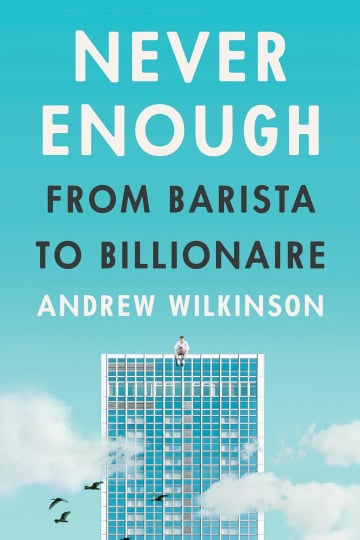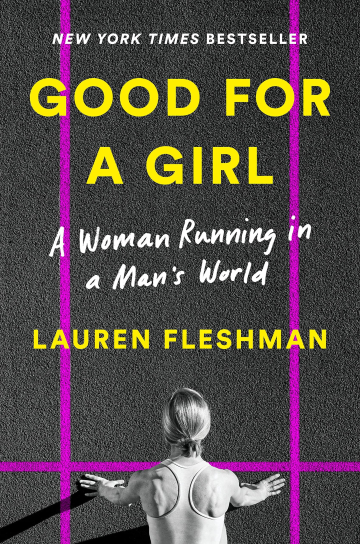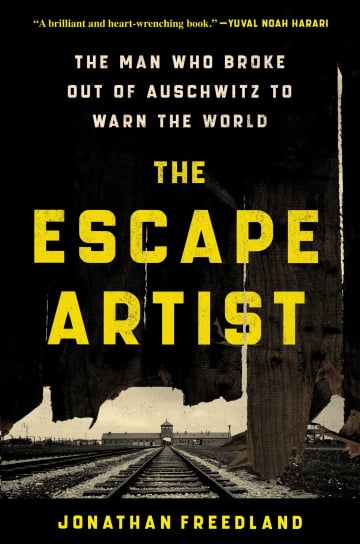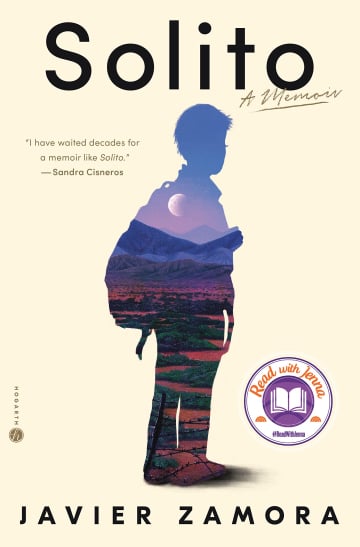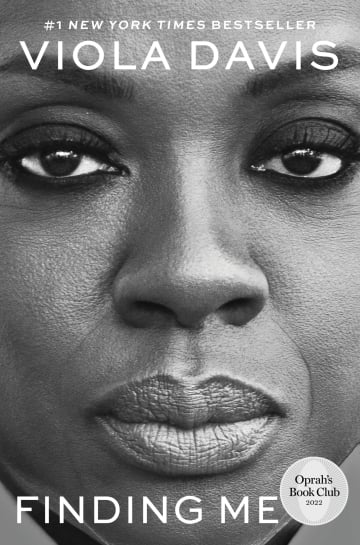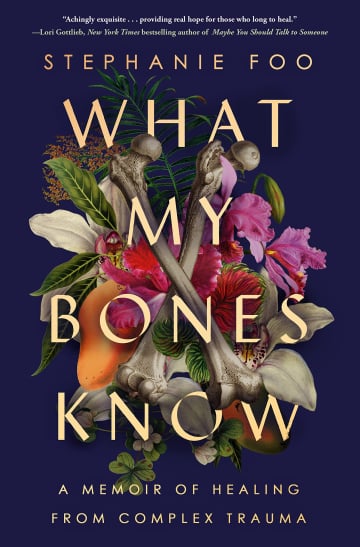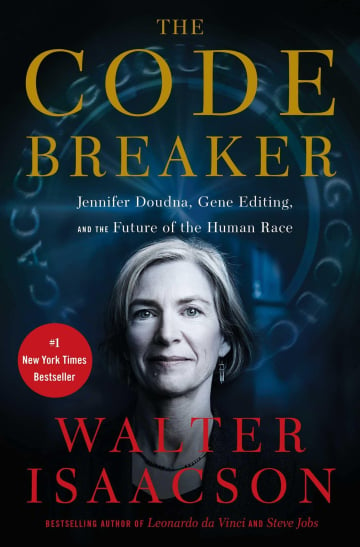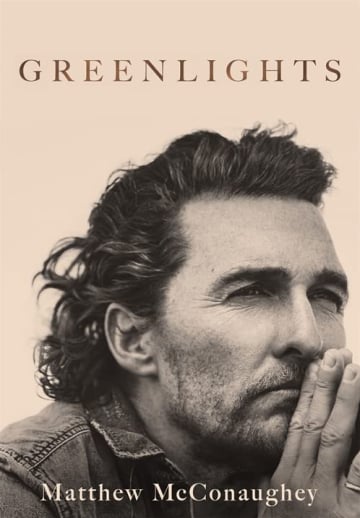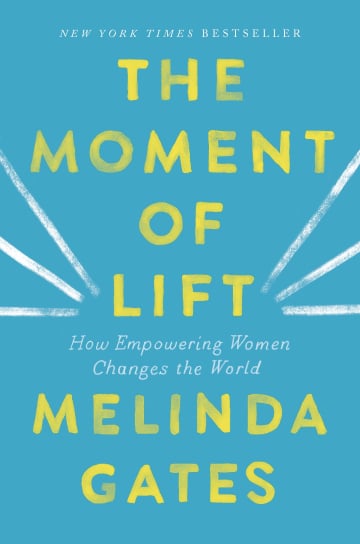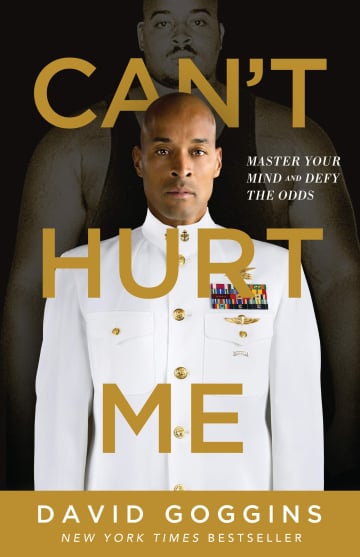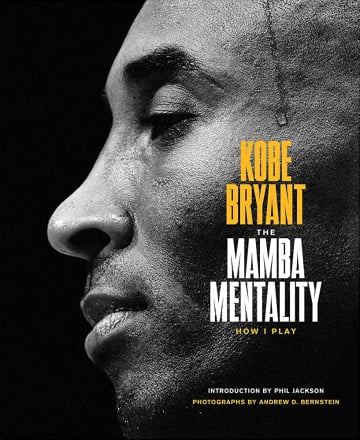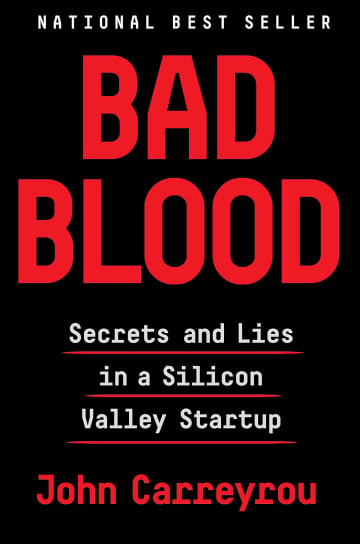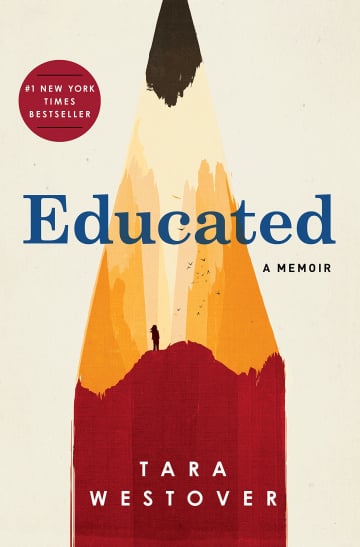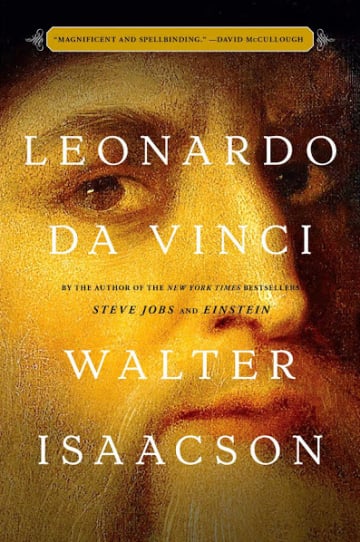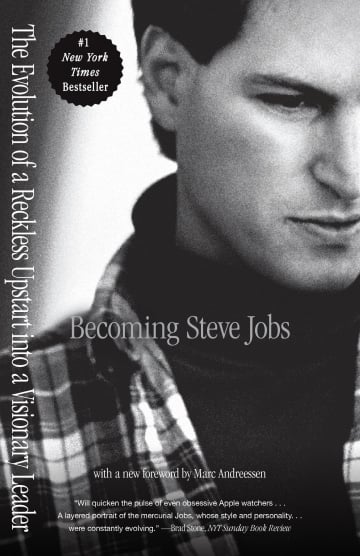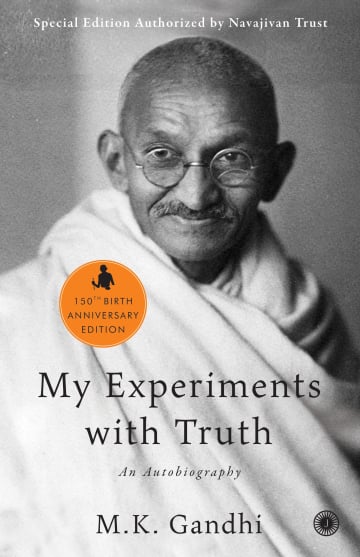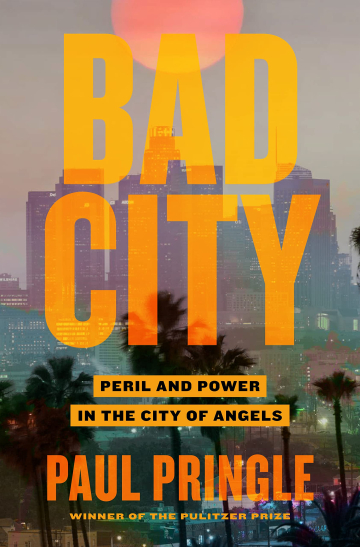
Bad City: Peril and Power in the City of Angels
⚡️ 8 Quotes from the book
“The tip about the dean of the University of Southern California’s medical school hinted at something so salacious, so depraved, so outrageous, that it seemed too good to be true. Or too awful, if you weren’t a journalist.”
“So the next step was to confront the Pasadena police. Going to the police before engaging USC was a tactical decision.”
“But the story was ready to go. In normal circumstances, if the bosses at USC and Pasadena—and later the Times—had treated the story like the routine journalism endeavor it was, publication would have been a memory by now.”
“Anger was now my routine, the stamp of my personality. I woke up angry, I arrived at the newsroom angry, and I came home angry. Editors who were supposed to be my colleagues, who were supposed to support me in pursuing the paper’s journalism mission, had become a barrier to that mission.”
“Stories that come from tips tend to produce more tips, and we were busy with the ones that started rolling in on the day the first Puliafito piece ran. They yielded stories that showed USC administrators had received complaints about Puliafito’s drinking and erratic behavior for years and, for the most part, ignored them.”
“Most of the Varsity Blues defendants were rich, abundantly lawyered, and influential in their fields. But they got the same treatment from the feds as street-crime suspects.”
“Nothing will ever undo the harm that George Tyndall inflicted on his patients, much of it life-altering for the women. But more than $1.1 billion in settlements brought them a measure of justice.”
“I had no doubt that truth tellers like Sarah and journalists like my colleagues at the Times would continue to team up and do more damage— righteous damage—for years to come.”
Related videos
Publications
The New York Times: A Los Angeles Times reporter takes on a powerful university — and his own paper
The Washington Post: A reporter probes a powerful university — and fights with his editors
Los Angeles Times: A Times reporter broke a major USC scandal
Ask Albert:
Rate the book
⚡️ Discover Even More Bookish Wisdom
recommends
recommends
recommends
recommends


